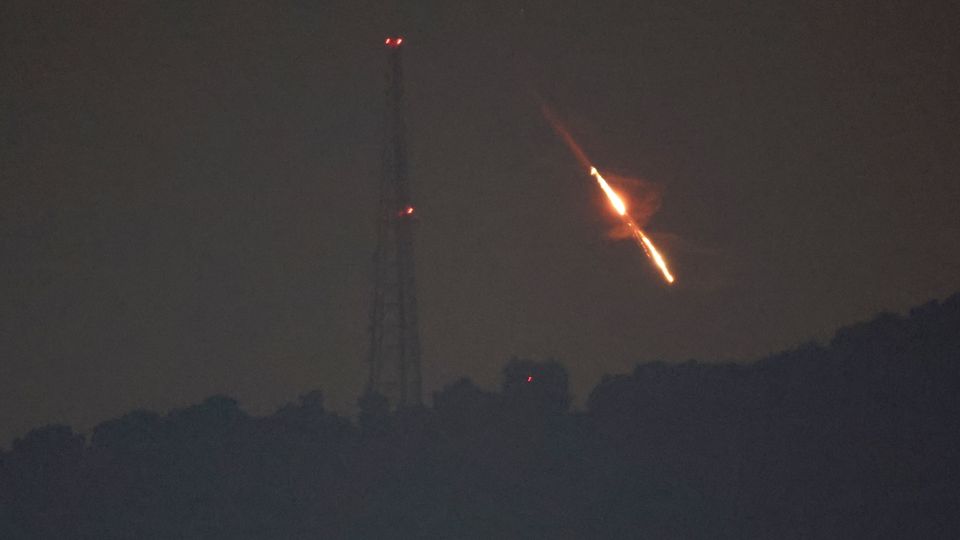
Introduction
The ongoing tensions between Israel and Iran play a significant role in the geopolitical landscape of the Middle East. These two nations have found themselves at odds due to a variety of factors including differing ideologies, territorial disputes, and nuclear ambitions. As events unfold, understanding this rivalry becomes more crucial for global stakeholders, diplomatic entities, and citizens alike.
Background and Historical Context
Israel and Iran’s relationship began to sour after the 1979 Iranian Revolution, which saw the establishment of the Islamic Republic of Iran. Iran’s anti-Zionist rhetoric and support for groups that oppose Israel, such as Hezbollah and Hamas, have exacerbated tensions over the decades. Additionally, Israel views Iran’s nuclear program as a direct threat to its existence and regional stability, leading to a cycle of retaliatory measures and increased military readiness.
Recent Developments
In recent months, the geopolitical dynamics have fluctuated significantly. Following Israel’s normalization agreements with several Arab nations, known as the Abraham Accords, Iran has ramped up its hostile rhetoric towards Israel. In addition, Israel has intensified its military operations in Syria, targeting Iranian positions and arms shipments intended for Hezbollah.
The International Atomic Energy Agency (IAEA) has reported concerns regarding Iran’s uranium enrichment activities, raising alarms among Western allies, particularly regarding the potential for Iran to develop nuclear weapons capability. Israel has consistently stated that it will not allow Iran to acquire nuclear weapons, emphasizing that military action remains an option on the table if diplomacy fails.
Conclusion and Implications for the Future
As the international community watches closely, the situation between Israel and Iran is likely to remain strained. Diplomatic efforts, including negotiations to revive the Iran nuclear deal, could play a pivotal role in either alleviating or escalating tensions. For citizens of both countries, and the wider Middle East, the stakes are exceptionally high as they navigate through a volatile environment where misunderstandings and military engagements could have catastrophic consequences. The ongoing rivalry may not only reshape regional alliances but also influence global energy markets and security policies. Therefore, it is imperative for stakeholders to remain engaged and seek diplomatic solutions to prevent further escalation.



